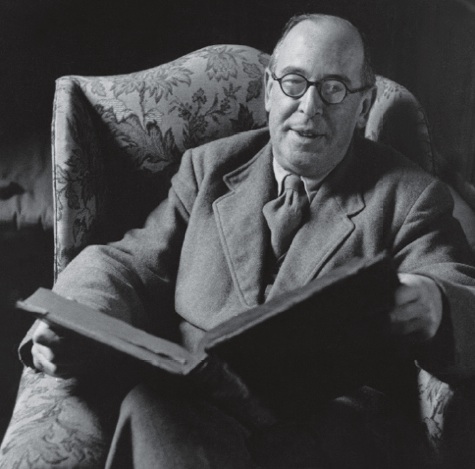I’ve been reading excerpts from Athanasius’ On The Incarnation for my Church History class this week. In the “Popular Patristics Series” edition that I have, there is an introduction by C.S. Lewis in which he lays out a few reasons why old books should not be neglected on account of their old age. (If you’re interested in reading On The Incarnation, and I hope you are, there is a full text of the English translation HERE, complete with Lewis’ fabulous introduction.)
- The Test of Time.
A new book is still on trial and the amateur is not in a position to judge it. It has to be tested against the great body of Christian thought down the ages, and all its hidden implications (often unsuspected by the author himself) have to be brought to light… If you join at eleven o’clock a conversation which began at eight you will often not see the real bearing of what is said (4).
- Every age makes mistakes, but they do not all make the same mistakes.
The only palliative [for reducing the blindness caused by our prejudices an biases] is to keep the clean sea breeze of the centuries blowing through our minds, and this can be done only by reading old books… People were no cleverer then than they are now; they made as many mistakes as we. But not the same mistakes. They will not flatter us in the errors we are already committing; and their own errors, being now open and palpable, will not endanger us. Two heads are better than one, not because either is infallible, but because they are unlikely to go wrong in the same direction (5).
- They help us realize that our differences are trivial in comparison to those things we have in common.
The divisions of Christendom are undeniable and are by some of these writers most fiercely expressed. But if any[one] is tempted to think–as one might be tempted who read only contemporaries–that “Christianity” is a word of so many meanings that it means nothing at all, [they] can learn beyond all doubt, by stepping out of [their] own century, that this is not so. Measured against the ages “mere Christianity” turns out to be no insipid interdenominational transparency, but something positive, self-consistent, and inexhaustible” (6).
